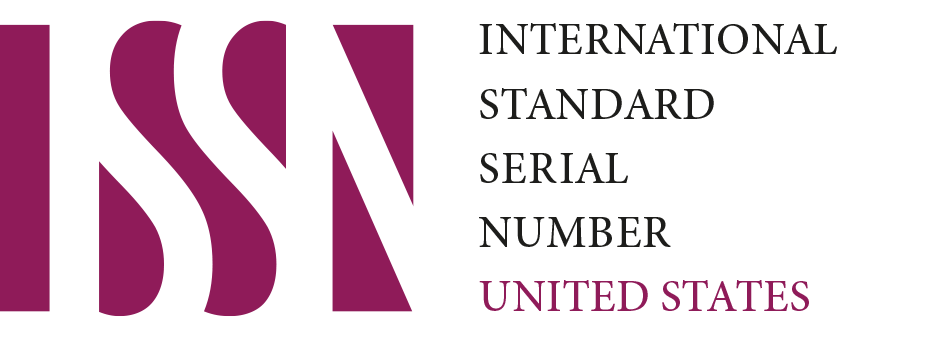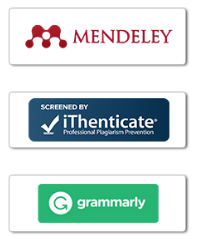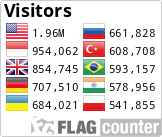Implementation of Sharia Principles in the Management of Zakat, Infaq and Alms (ZIS) in Bangka Belitung Province
DOI:
https://doi.org/10.59613/global.v3i2.390Keywords:
Zakat, Infaq, Alms, Sharia Principles, ZIS ManagementAbstract
Zakat, infaq, and sedekah (ZIS) are crucial in Islamic economics for wealth redistribution and social welfare. This study analyzes the implementation of sharia principles in managing ZIS in Bangka Belitung Province, focusing on fund collection, management, and distribution to mustahik. Using a quantitative survey approach, the research involves zakat management institutions and community beneficiaries. Results show challenges in implementing sharia principles, including limited financial literacy, digital system constraints, and suboptimal distribution effectiveness. However, zakat institutions have applied transparency, accountability, and efficiency, such as audited reports, digital collection platforms, and zakat-based empowerment programs. The study also reveals varying public awareness, with many muzakki preferring direct distribution, which can reduce effectiveness and create inequality. To improve, strengthening education, socialization, and collaboration between local governments, zakat institutions, and stakeholders is essential. By optimizing technology, raising awareness, and enhancing regulations, ZIS in Bangka Belitung can be a key tool for sustainable community welfare and economic empowerment.
Downloads
Published
How to Cite
Issue
Section
License
Copyright (c) 2025 Efendi Sugianto

This work is licensed under a Creative Commons Attribution 4.0 International License.













